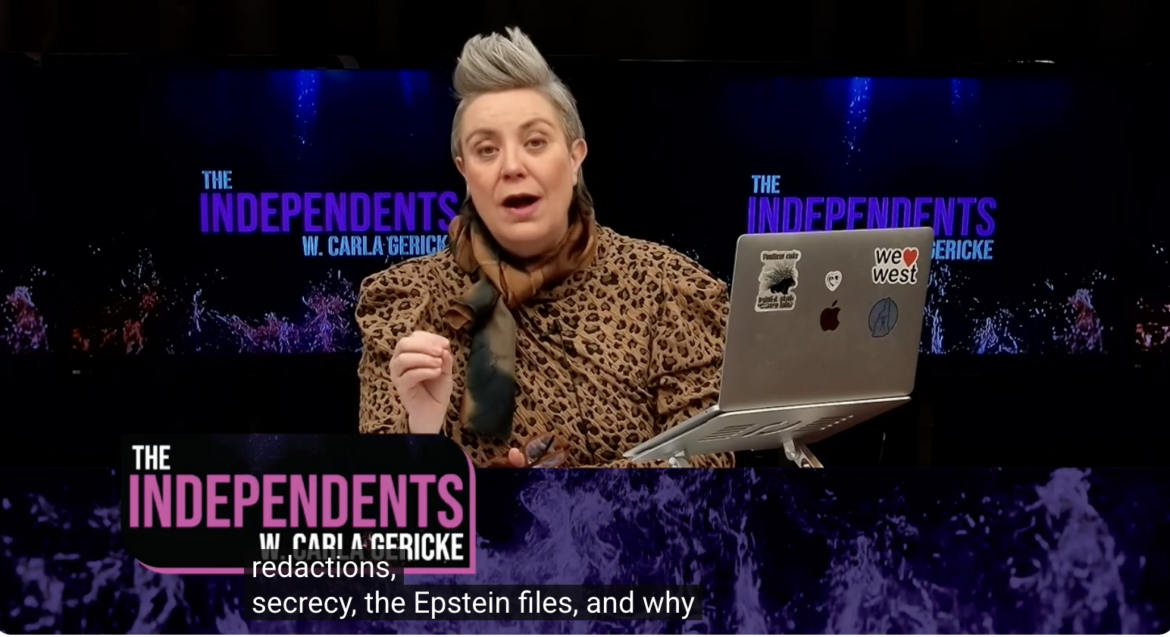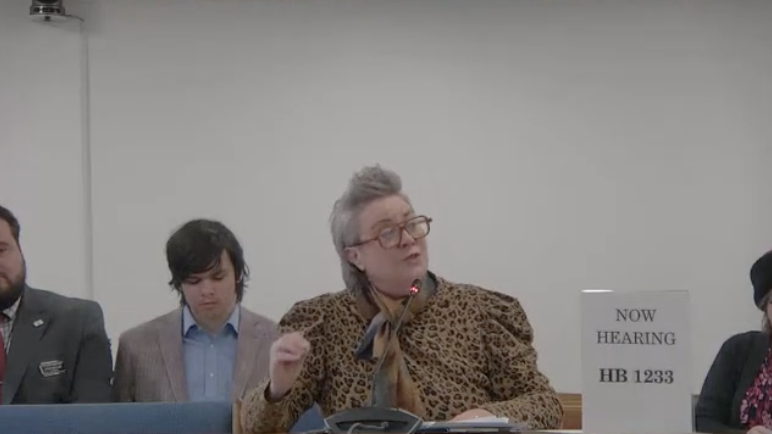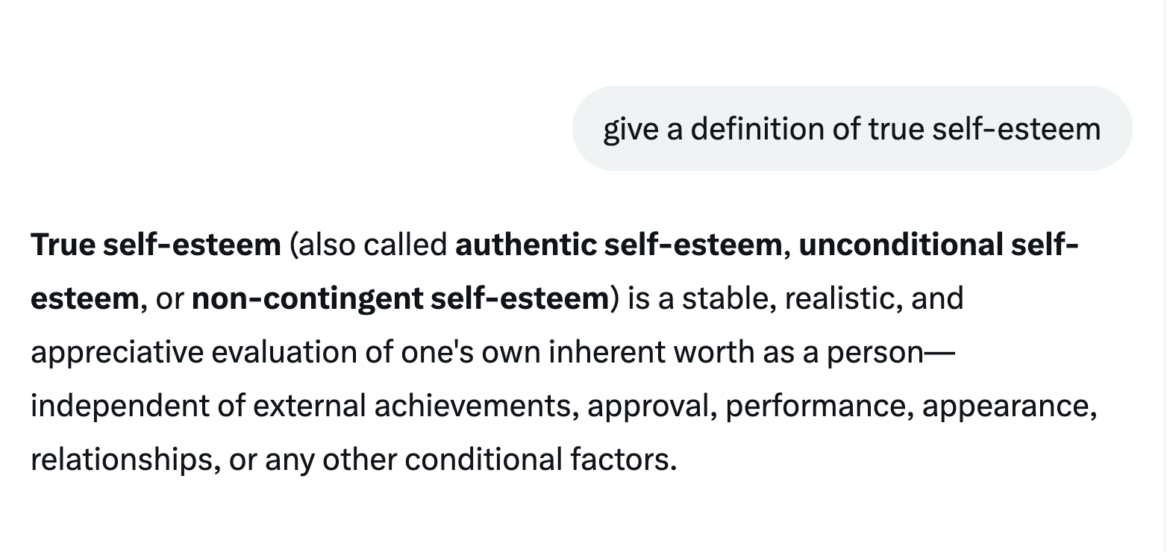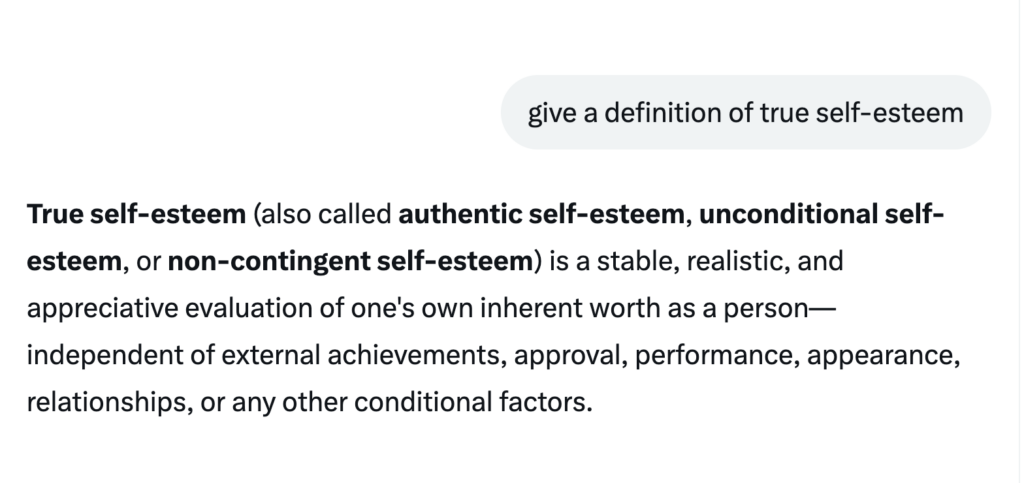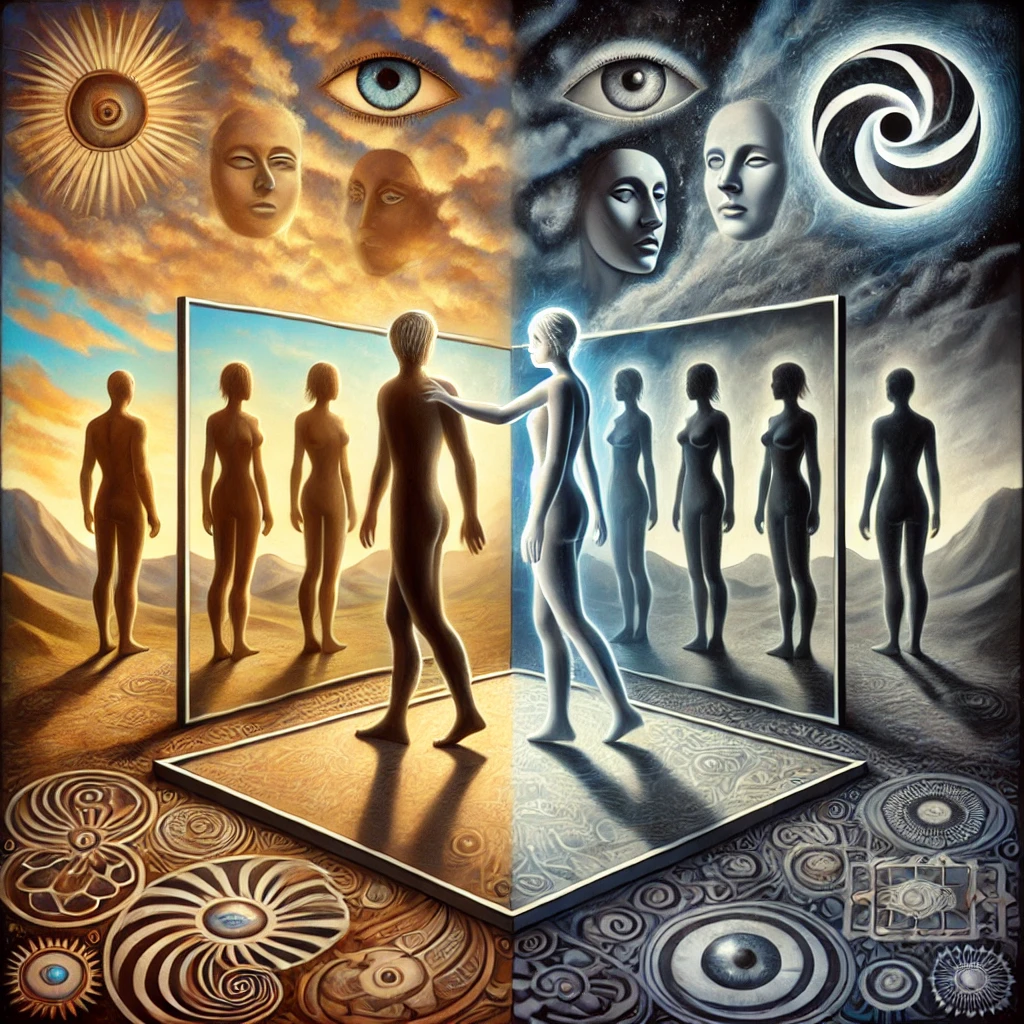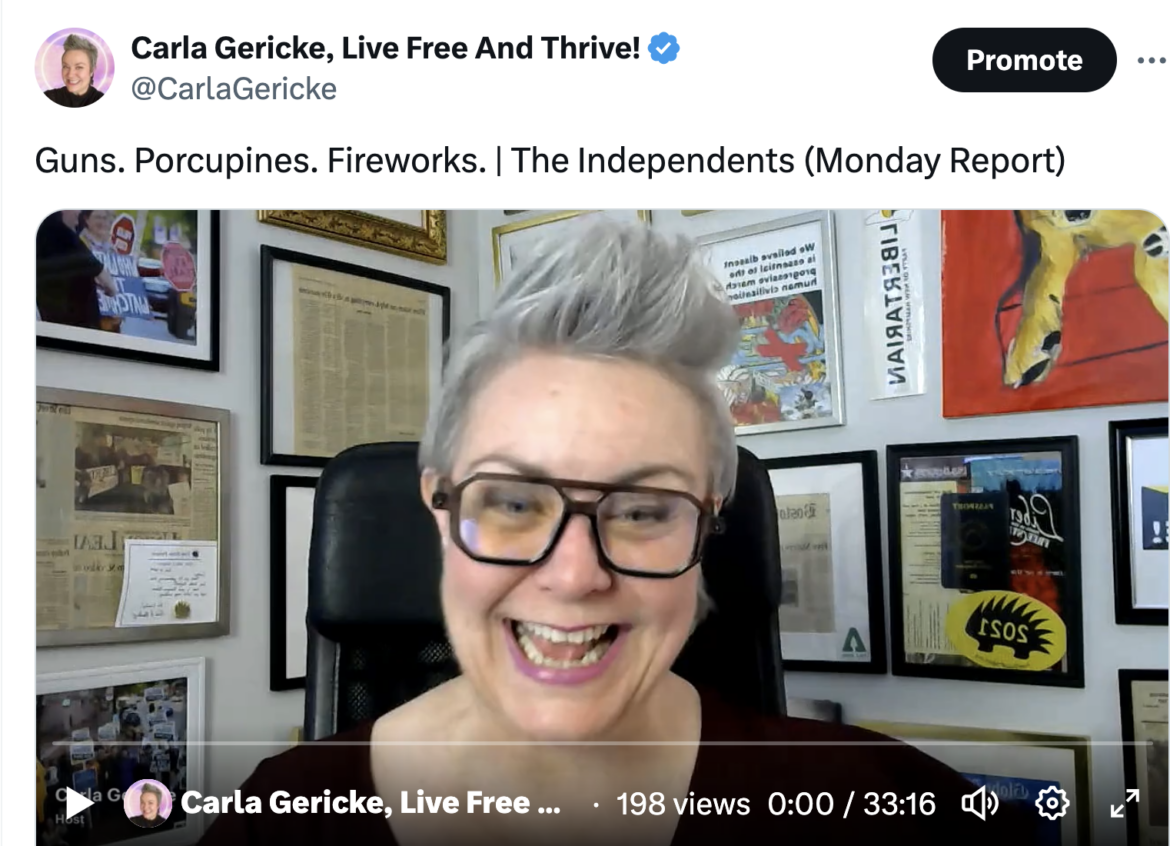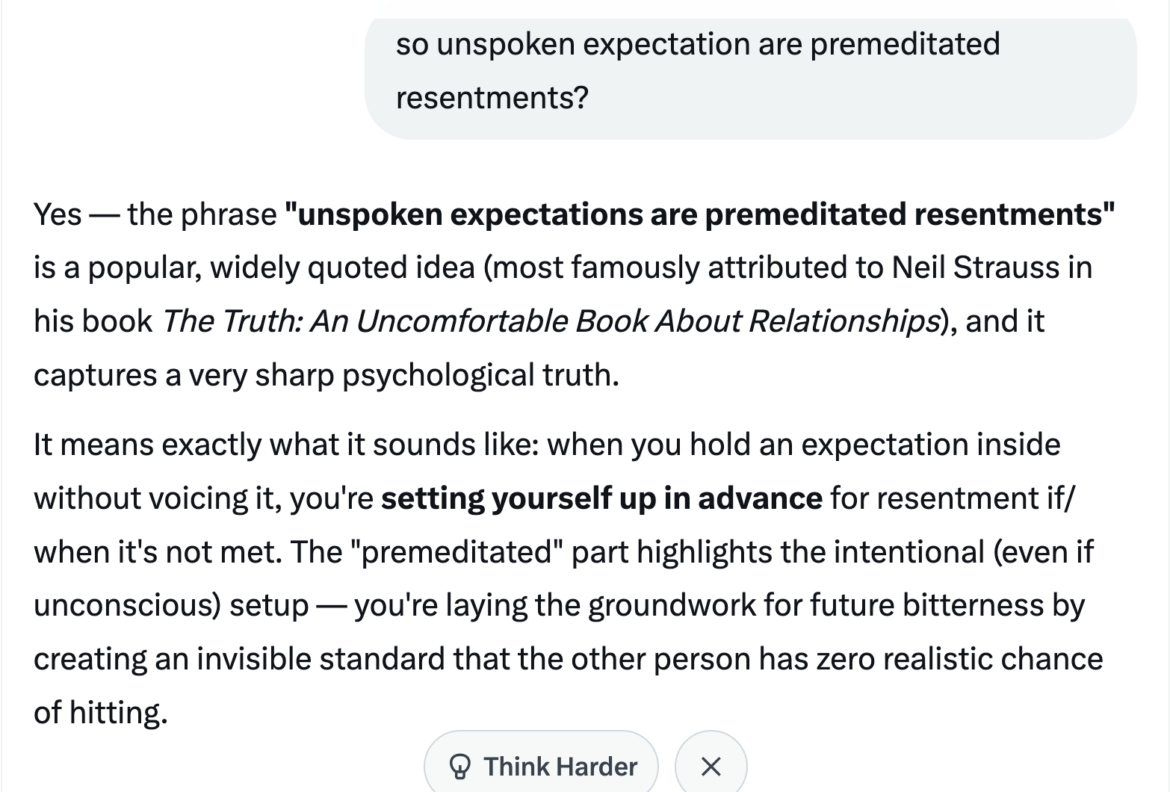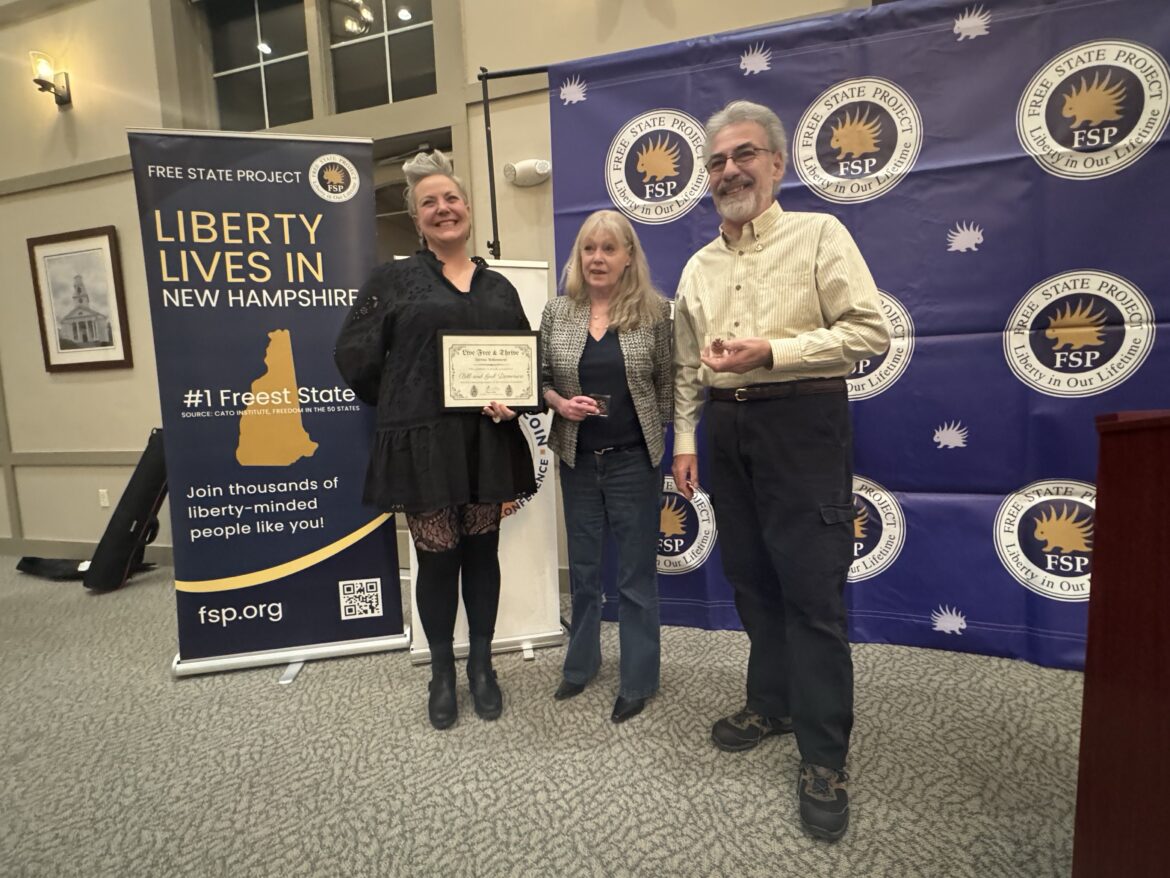This week on The Independents, Carla Gericke takes you inside New Hampshire’s transparency fights—starting with a Right-to-Know bill that tackles one of the most abused habits in local government: nonpublic session.
What’s allowed behind closed doors?
Reputation. National security. Bidding wars.
That’s basically it. And yet… somehow the doors keep closing.
Carla covers:
- HB 1233 and the push to narrow (and track) what gets withheld
- Why start/end times for nonpublic session matter
- The “reasonable” carve-outs that quietly became a secrecy culture
- The NH Liberty Alliance Gold Standard highlights for this week’s session
- A pro-liberty bill ending the Hep B mandate (and why it matters)
- A bad housing-tax idea targeting “non-primary” homes (and why it hits regular people)
Plus:
- A real-life Granite Stater good neighbor story (yes, getting stuck in the snow counts as civic education)
- A Porcupine Day clip that lands the core point: movements survive on how we show up
- And a closing reflection on character, projection, and why accusations often tell you more about the accuser than the accused.
Two reminders worth keeping:
Unspoken expectations are premeditated resentments.
Accusations are often confessions.
Peace, love, and understanding—see you next week.
